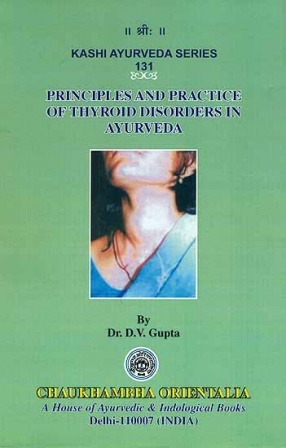
V P Gupta

53 books
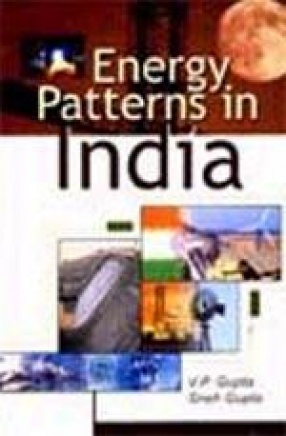
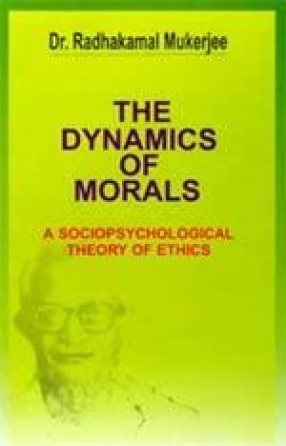
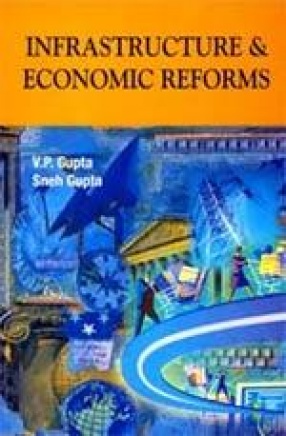
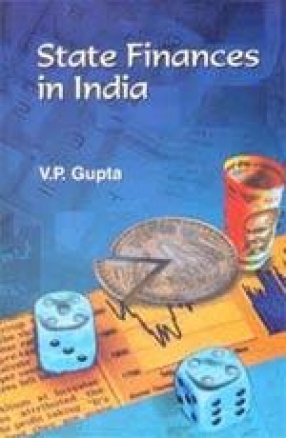
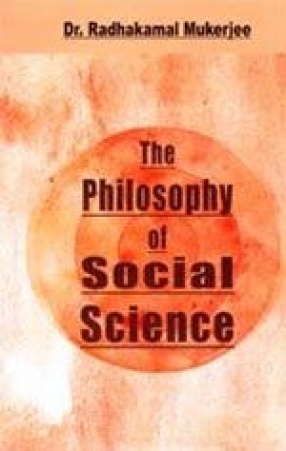

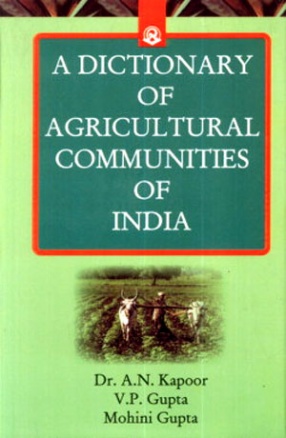
The communities that depend on growing different crops and keeping some livestock are called Agricultural Communities. They mainly depend on farming, which is of two types-Subsistance Farmers produce only enough to feed their household, with little or no surplus to sell because the farmers rely on certain old farming methods. On the other hand, commercial farmers aim for a high yield to sell their products for profit. For this purpose they farm animals and crops ...
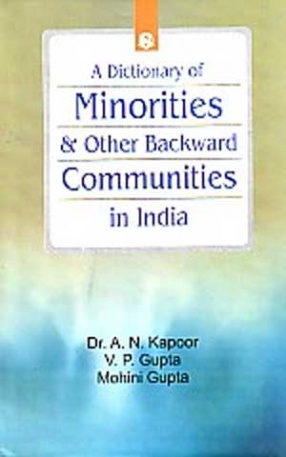
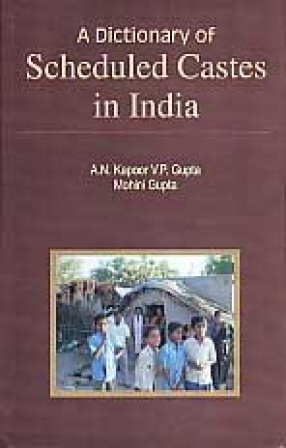
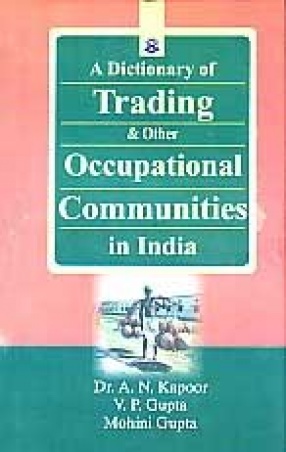

An attempt has been made in this book to analyse the patterns of conventional and non-conventional energy in India. The study identifies the reasons for the enlarging energy deficits in India and suggests measures to reduce the widening gap between demand and supply of energy. A detailed and comprehensive analysis of the structure of energy generation, distribution, consumption and losses has been made with respect to India. The study examines in detail the ...
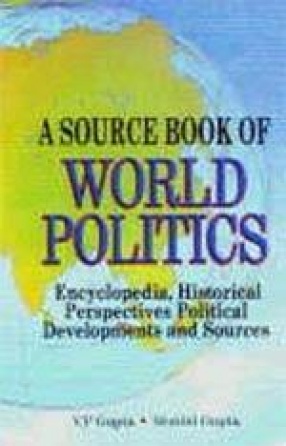
A Sourcebook of World Politics is a study of some major currents and developments in international relations as they have evolved during the last century. The work can be considered a companion volume of An Encyclopaedia of the twentieth century which the editors have brought out last year in three volumes—India, Asia and Africa and The West. The vast field of world politics has been encompassed in two volumes: 1. An encyclopaedia of world politics; and 2. A ...
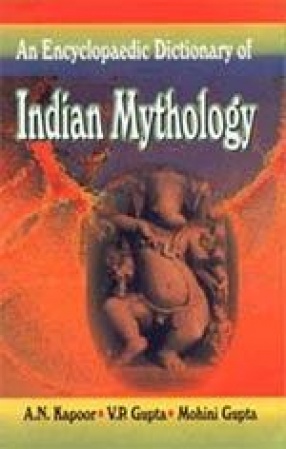
An Encyclopaedic Dictionary of Indian Mythology is the first title in the series on an Encyclopaedic dictionary of Indian History and Culture. The volume proposes to deal with Indian mythology in all its aspects. The Indian mythology is probably the most complicated and the oldest mythologies in the world. The origin of this mythology can be traced to the first book of mankind – the Rigveda. The mythology was developed in the two epics – the Ramayana and the ...

The present work an Encyclopaedic Dictionary of Freedom Movement is the fifth publication under the ongoing series An Encyclopaeidc Dictionary of Indian History and Culture and it aims at being a handy reference manual for understanding the saga of Indian freedom struggle. The story has epic dimensions and is liable for more than one interpretation. Although India lost to the British at the battle of Plassey in 1757, it never gave up the continued to fight for ...
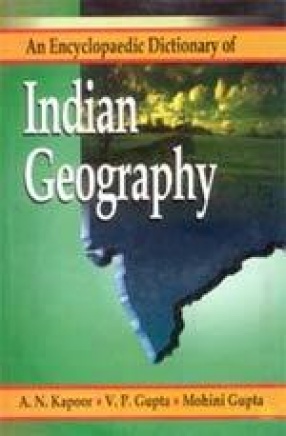
Geography is the scientific study of the earth's surface-physical features, divisions, climate, products, population etc. It is a very broad subject and has close affinity with a number of disciplines such as geology, geophysics and geopolitics. The geographical factors have played an important role in the evolution of human race as well as nations. The scope of Indian geography is as wide as that of India itself. An humble attempt has been made in the present ...
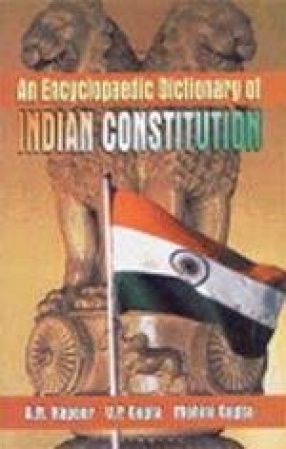
An Encyclopaedic dictionary of Indian Constitution' the seventh volume in the ongoing series "An Encyclopaedic Dictionary of Indian History and Culture" deals with the Indian Constitution and Parliamentary procedure in India. The volume is divided into five sections: (1) Nature and operation; (2) The Dictionary; (3) The miscellany; (4) The Chronology; and (5) The Bibliography. Section one gives a background and broad introduction to the Indian ...
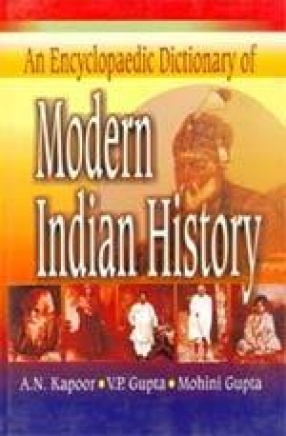
The present work An Encyclopaedic Dictionary of Modern India is the fourth publication under the ongoing series An Encyclopaedic Dictionary of Indian History and Culture and aims to be a reference manual for the modern period of Indian history and culture, encompassing the major developments and forces which were responsible for the subjugation of India as well as its resurgence during the years 1757-1947. The work has been designed in the format of an ...
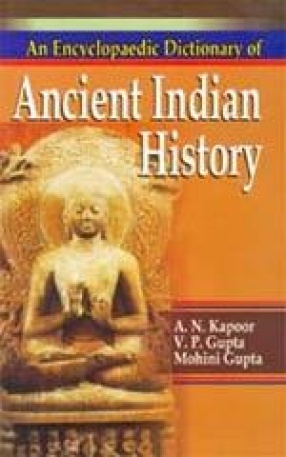
The present work An Encyclopaedic Dictionary of Ancient India is the second publication under the ongoing series An Encyclopaedic Dictionary of Indian History and Culture. It aims to be a handy reference manual for understanding the different aspects of Indian history and culture from the dawn of civilization to the year 1192 when the last Hindu ruler Prithviraj Chauhan was defeated by Muhammad Ghori at the second battle of Tarain. The book is divided into four ...
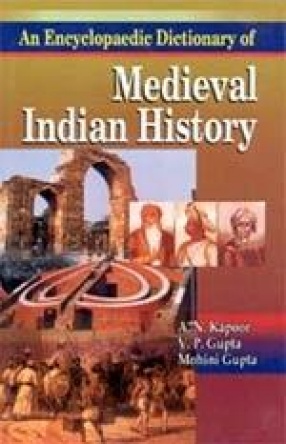
The present work An Encyclopaedic Dictioinary of Medieval India is the third publication under the ongoing series An Encyclopaedic Dictionary of Indian History and Culture. It deals with medieval India which saw the rise and fall of the Mughal empire, the genesis and the Mughal empire, the genesis and the spread of the Bhakti movement, the emergence of the Sikhs and the Marathas as powerful political forces, the construction of the immortal monuments like Taj ...
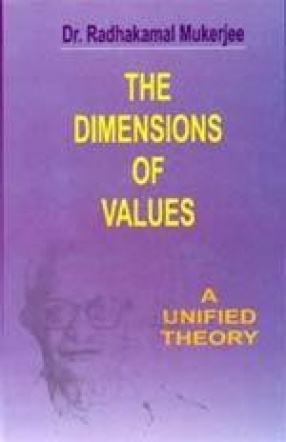
It is the Author's contention that both the state of valuelessness in modern times, and the crisis in the social sciences demand a restatement of value theory, based on new theoretical, experiential and empirical developments in the various branches of human knowledge concerned with value. Values are derived from life, from environment, from self, society and culture, and above all from human existence and experience. Cultural, anthropological and sociological ...

Dr. Radhakamal Mukerjee, a vetern sociologist and economist, in the present volume, outlines a blueprint for a rational ethical theory based on the biology of human nature and on the cohesive forces of human culture. Dr. Mukerjee does not believe in the antithesis between the biological and the cultural sciences and strives to create a new nature of man’s needs is fully realized and equal attention is paid to special individual choice. The ideal has not been ...

Infrastructure development is a key to economic development. It is widely recognized that there is a positive nexus between infrastructure development and economic growth. The infrastructure sector covers various services such as transportation, communications and power. The inadequate infrastructure in our country has been constraining the growth performance of the economy. For adequate infrastructure growth, the Central and State governments in India have ...

The fiancés of State Governments in India are not in good shape. There are structure weaknesses in State Finances. The State Governments in India relising fiscal stress have initiated fiscal reforms during nineties in the field of taxation, public undertakings, public debt and public expenditure. An attempt has been made in this study to examine the recent trends in the finances of State Governments in India. It describes the resource mobilization effort of ...
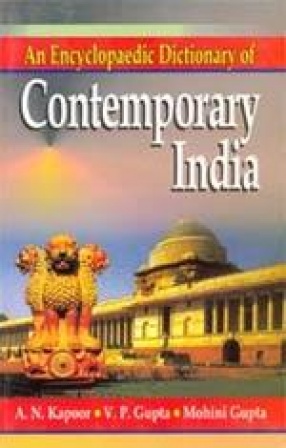
The Present work 'An Encyclopaedic Dictionary of Contemporary India' is the sixth title under the ongoing series 'An Encyclopaedic Dictionary of Indian History and Culture'. The volume aims to be a handy reference manual for understanding the different aspects of Indian history and cultures since the dawn of independence in 1947. It is a saga of the triumphs and tragedies of independent India during the last 55 years of its existence, covering the period ...
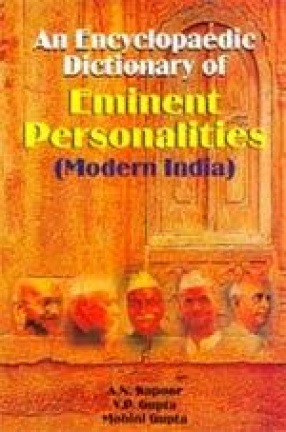
The present volume sketches the profiles of some 350 eminent personalities of modern India starting from the Battle of Plassey in 1757 and closing with the attainment of freedom in 1947. It is a period of about two centuries which witnessed the disintegration of the Mughal Empire and the rise of the British supremacy. The rivalries between the leading European trading companies, the infighting between the Indian rulers and the superior administrative and military ...

Dr. Radhakamal Mukerjee, the doyen of Indian Sociology, in his present work, The Philosophy of Social Science has lamented on the modern movement towards specialization and compartmentalization. Dr. Mukerjee has emphasized the unity of science and awareness of human understanding grounded in certain fundamental principles, techniques and methods. The book aims at an integration of knowledge about human nature and human destiny and is concerned with a penetrating ...
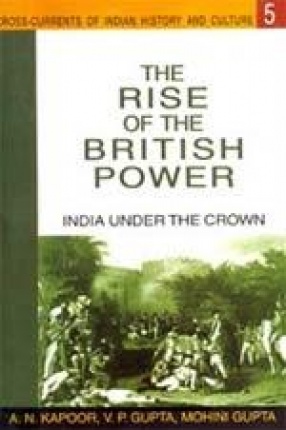
The present volume, The Rise of the British Power covers the period A.D. 1707 to 1857 of Indian history. The period had a 3 major landmarks : (The End of the Muslim Rule; (2) The Rise and fall of the Maratha Domination; and (3) The Growth of the British Power. The Mughal Empire showed which had dazzled the contemporary world showed signs of decay towards the beginning of the 18th century. The Mughal emperors after Auranzeb were weak, unstable and inefficient. A ...
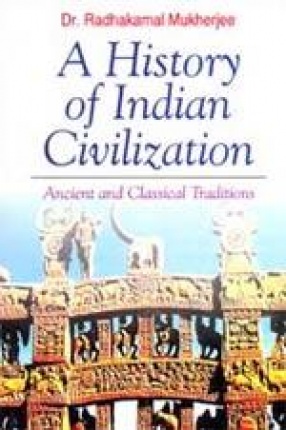
Dr radhakamal Mukerjee, one of the foremost thinkers of our age, has interpreted the history of Indian Civilization from the point of view of a sociologist. He looks upon myths, legends, scripture, rituals, values and motifs as true sources of Indian history and culture. In addition to a learned introduction titled "The Indian Philosophy of History" the present book is divided into nineteen chapters and five parts: (i) The Pattern of Indian ...
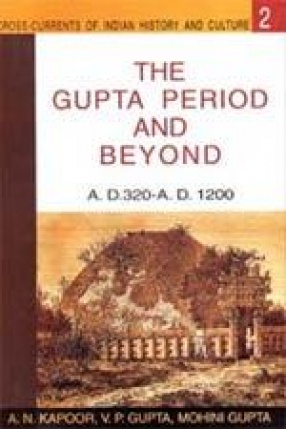
The present work happens to be the second volume in the series titled Cross-currents of Indian History and Culture. It has two parts. The First deals with the celebrated Gupta Age covering the years A.D. 320 to A.D. 750. The period under review has been hailed as the ‘Classical’ or ‘Golden’ Age of India. It was dur8ntg this epoch that the norms of Indian literature, art, architecture, sculpture and painting were established. The period saw an all-round ...
